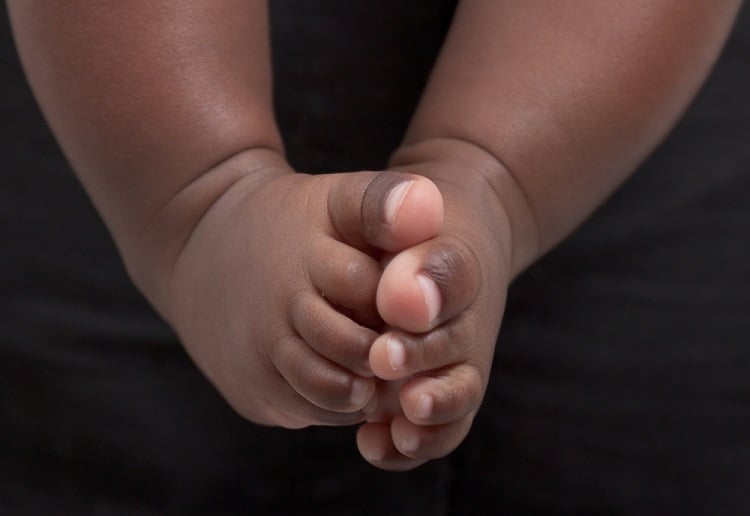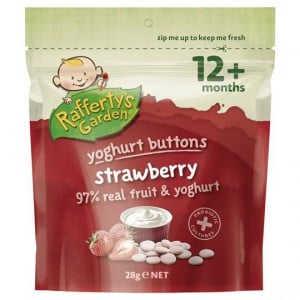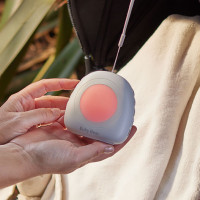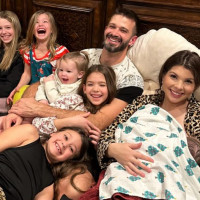Invisible children: research shows up to one in five Aboriginal newborns aren’t registered
Around 20% of Aboriginal births in Western Australia between 1996 and 2012 weren’t registered. The findings from new research published today in the Australian and New Zealand Journal of Public Health mean that nearly 5,000 babies started life with no identity. In many respects, these babies were invisible.
Low birth registrations are not limited to Western Australia. A recent Queensland study reported that 17% of Aboriginal children from two to four years old did not have their birth registered.
Birth registration is necessary for many activities throughout a person’s life – from starting school and opening a bank account to applying for a tax file number or driver’s licence. Many take these things for granted, but the reality for some Aboriginal children is that essential services are not offered and basic rights not upheld because they are simply not counted.
This presents these young people with practical impediments to pursuing a healthy and successful life. It has significant implications for mental health and future life trajectories.
Still invisible
The 1967 referendum made history when Australians voted overwhelmingly to amend the constitution and provide legislative rights to Aboriginal people. It put a spotlight on living standards in Aboriginal communities and helped make Australia’s Indigenous population more visible.
So it is disappointing that, on the eve of the 50th anniversary of that referendum, the visibility of Aboriginal Australians is still a problem.
Our Western Australia study found mothers of unregistered children were more likely to live in remote areas and have had unregistered births themselves. They were more likely to have had their first child as a teenager and to have smoked during the pregnancy – factors associated with lower socioeconomic status and less education.
Our findings were accidental. We were initially pursuing a study into the size of foetuses, generation to generation. In examining 30 years of data such as birth registrations, death and hospital admission records, we came across so many missing birth registrations we couldn’t ignore them.
Health workers were aware of birth registration problems but none felt the issue was as significant as the data revealed. The benefit of big data is clearly evident in this study, as is the important problem that could be solved with good policy.
The implications of not being registered at birth are far-reaching. For example, lacking a driver’s licence yet driving is a common gateway to a criminal record for young Indigenous people. Unregistered driving often leads to fines, which can’t be paid, which in turn leads to jail time.
Research shows that Indigenous Australians are underrepresented in driver licence ownership and overrepresented in prison. In 2015, Aboriginal people made up about 2% of the Australian population but 26% of the prison population.
Many Aboriginal people are incarcerated for traffic and driver licence offences. One study showed 46% of offenders were imprisoned for driving offences; this rose to 66% when suspended sentences were included. A recent study found a strong link between driver licensing, education and employment, with 53% of attendees at a driver licensing support program unemployed.
Automatic registration
Some people might question how registering a birth could fail to happen in the first instance. Registering a child’s birth is the responsibility of the parents or the person with responsibility for the long-term care of the child. It’s easy to find fault with the organisational skills of these families.
In many cases, however, children aren’t registered due to a range of social issues, such as domestic violence, lack of money to pay the registration fee (many mothers will forgo the A$47 fee to buy food for their children) and poor literacy skills.
A host of interventions are in place to assist disadvantaged mothers, focused on ensuring children are breastfed and vaccinated. And yet the simple administrative task of registering a birth could make an enormous difference.
Registration, for instance, ensures children have an up-to-date Medicare card so in five years’ time, when they enter school, they are socially, administratively and medically set up.
We must consider and act at a system level to make birth registrations easier to complete for the most vulnerable. Such system-level change will require commitments from state and territory governments, hospitals and Aboriginal families and communities.
Hospitals could provide more assistance to complete birth forms before the mother and child leave the hospital. Failing that, it may be possible to automatically register a birth to a mother at a specific time and date. This would make it easier for adolescents and young adults struggling for basic identity documents to link to that record in the future, rather than the current time-consuming process of providing statutory declarations for retrospective birth registration.
At a community level, we need better education about the benefits of birth registration and more support for new parents in navigating the bureaucracy to achieve this.
These practical steps could help to ensure that Aboriginal children are counted, that they have access to fundamental services and that they have the best chance at a productive and healthy life. We need to get these social circumstances right before we can tackle other areas of significant disadvantage for Aboriginal Australians, such as the extremely high rates of chronic disease.
![]() Share your comments below.
Share your comments below.
Sandra Eades, Professor and Head: Aboriginal Health, Baker IDI Heart & Diabetes Institute
This article was originally published on The Conversation. Read the original article.
We may get commissions for purchases made using links in this post. Learn more.




















-

-
-
-
mom134803 said
- 12 Jul 2016

Reply
-

-
-
-
june11 said
- 04 Jul 2016
Reply
-

-
-
-
mom70876 said
- 04 Jul 2016
Reply
-

-
-
-
mom90758 said
- 04 Jul 2016
Reply
-

-
-
-
BellaB said
- 04 Jul 2016
Reply
-

-
-
-
mom186237 said
- 04 Jul 2016
Reply
Post a comment3:04 am
7:10 pm
3:56 pm
2:41 pm
12:18 pm
11:11 am